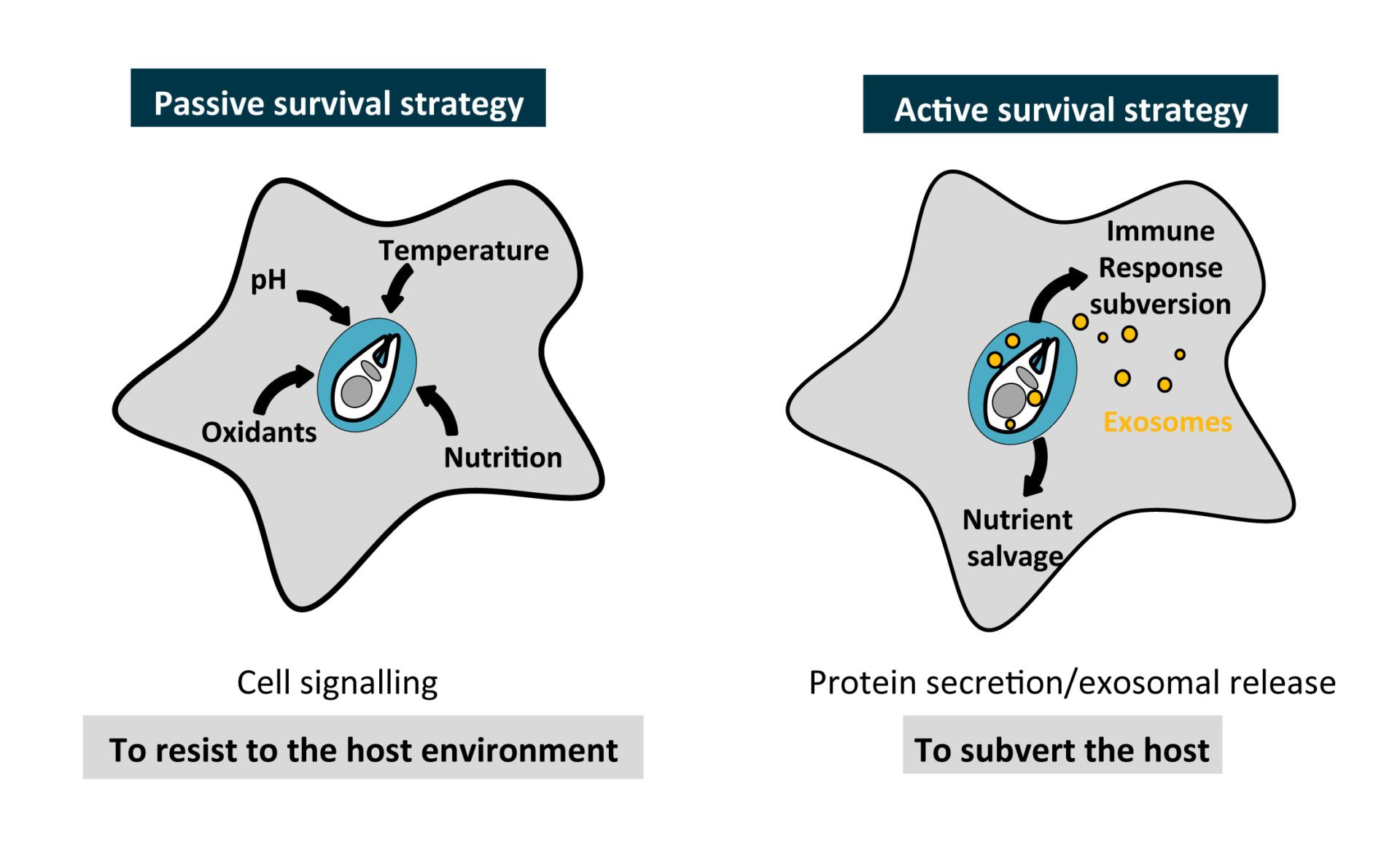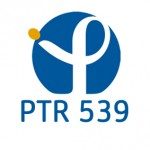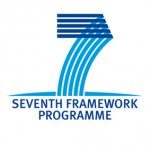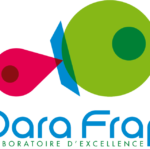Dr. Najma Rachidi is a senior Researcher and the leader of the molecular parasitology team in the PARSIG unit. Her team investigates Host-pathogen interactions to (i) understand how Leishmania survives in immune cells, which are designed to kill pathogens and (ii) find novel therapeutic strategies against Leishmaniasis. The team project has two axes: to study secreted Leishmania signalling proteins that act in “trans” to modulate the host cell phenotype, particularly Leishmania CK1.2; and to use this knowledge to develop novel strategies for anti-leishmanial drug therapy. Dr. Rachidi is author of 20 publications and published in prestigious journals such as Cell, Nature, Plos pathogen. Her research is well perceived as she raised 500k€ (ANR-TranSig, Labex, PTR) to fund her basic research. Moreover, she is an expert reviewer for several journals and funding agencies. Aside from research, Dr Rachidi is also teaching in master 1 and 2 at the UPMC, Sorbonne University and is a member of the teaching committee of the Master 2.
Team Project
Identify the mechanisms developed by Leishmania to survive into its host cell
and exploit these mechanisms for drug discovery
A common feature of the most successful intracellular pathogens is the efficient manipulation of their host cell; this is true for bacteria such as Mycobacterium as well as for eukaryotic parasites such as Leishmania. The manipulation of the host by Leishmania occurs mostly by exporting proteins into the host cell, either as free proteins or inside vesicles. To better understand host-Leishmania interactions, it is crucial to study these secreted proteins. As a signalling kinase released via exosomes, Leishmania Casein Kinase 1 (LmCK1.2) is the perfect candidate to understand how pathogens modify their host. We showed that LmCK1.2 is closely related to human CK1 and essential for intracellular parasite survival, suggesting that CK1.2 could phosphorylate host proteins to modulate macrophage functions. We are currently deciphering the functions of LmCK1.2 in the parasite particularly the mechanisms responsible for its export. We are also investigating the role the LmCK1.2 in the mammalian host and how this parasitic kinase can subvert its host cell. Our research findings will be translated into the development of novel anti-leishmanial strategies such as interfering with parasitic protein release or with host protein to restore the host cell anti-microbial potential.

Website: http://www.transig.org/










